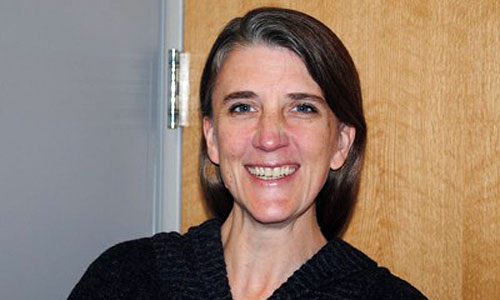Lauren Heberle
Associate Professor of Sociology/Director, Center for Environmental Policy and Management (EFC4)

"People make social structures and institutions do what they do, and therefore people can choose to do something different and contest accepted practice"
See Prof. Heberle's faculty profile
Climate change is a problem that impacts every social system across all communities world-wide because it impacts the human capacity to survive. Sociologists are well equipped to inform discussions about climate change because we study everything about social interactions and structures. Without that kind of information, we will fail to fully address the issue of climate change.
As a sociologist who teaches environmental sociology and environmental policy courses, climate change is a topic that gets discussed in every course. Students, and folks in general, often feel overwhelmed by the enormity of the problem. By examining the issue, we begin to unpack the giant set of problematic practices that contribute to climate change and begin to see constructive paths forward. We examine what it is, what the causes are, how it is studied across a variety of perspectives, and what impacts we currently see as a result and what impacts are predicted. We pay close attention to uneven impacts and risks and which areas or population groups are more negatively impacted or bear an unfair amount of risk. I ask my students to explore and specify how local and individually based actions impact larger structures. I also encourage them to understand that those larger seemingly all-powerful structures simultaneously enable and constrain individual action.
I constantly tell my students that people make social structures and institutions do what they do, and therefore people can choose to do something different and contest accepted practice. I view climate change like any other incredibly complex, or ‘wicked’ problem that requires transdisciplinary solutions at every level.
